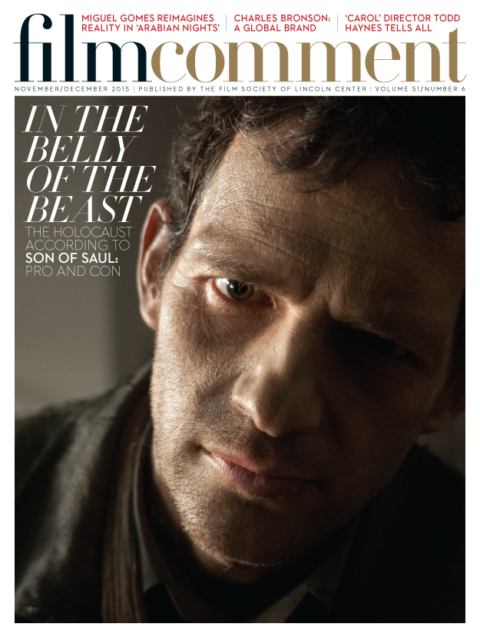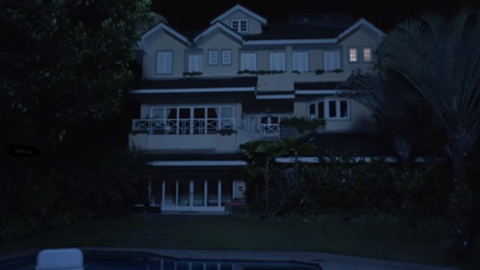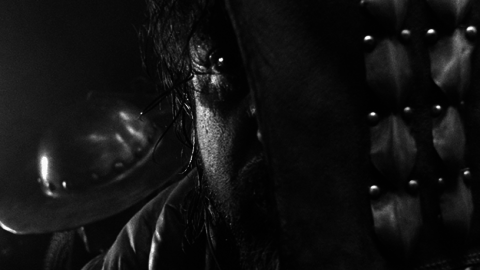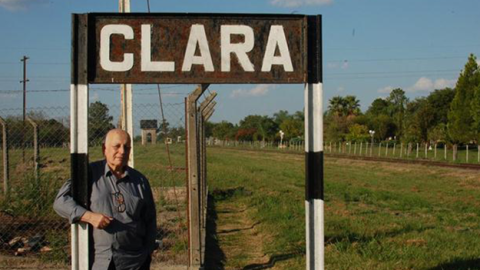
Short Takes: Casa Grande
The title of Fellipe Barbosa’s polished debut feature refers to the residence of a plantation owner in slavery-era Brazil. In the context of this contemporary class drama, the term bears a certain irony: hedge-fund manager patriarch Hugo (soap-star Marcello Novaes) is going broke, though the truth takes a while to sink in. In the meantime, his son, Jean (Thales Cavalcanti), must come to terms with losing his chauffeur and having to take the bus to school, when he’s not trying to cop a feel with one of the servants.

Tough times indeed, but they gradually lead to Jean’s consciousness-raising, in a film that lays bare the complacent class and race privilege of the Brazilian upper class without congratulating itself. Cavalcanti, a newcomer whom Barbosa found in the school that appears in the film, anchors the drama with an unfakable adolescent puppyishness. He’s a little stubborn but slowly gains an understanding of the new order and past false assumptions.
Cinematographer Pedro Sotero brings the same lucid precision as he did to Kleber Mendonça Filho’s Neighboring Sounds, turning the hollow-feeling casa grande into a character, and showing equal skill at opening up the poor neighborhoods Jean comes to explore. This isn’t the first Latin American drama to follow a rich family on a downward spiral, but the eloquent visuals, strong central performance, and empathetic humor push it to the forefront.







